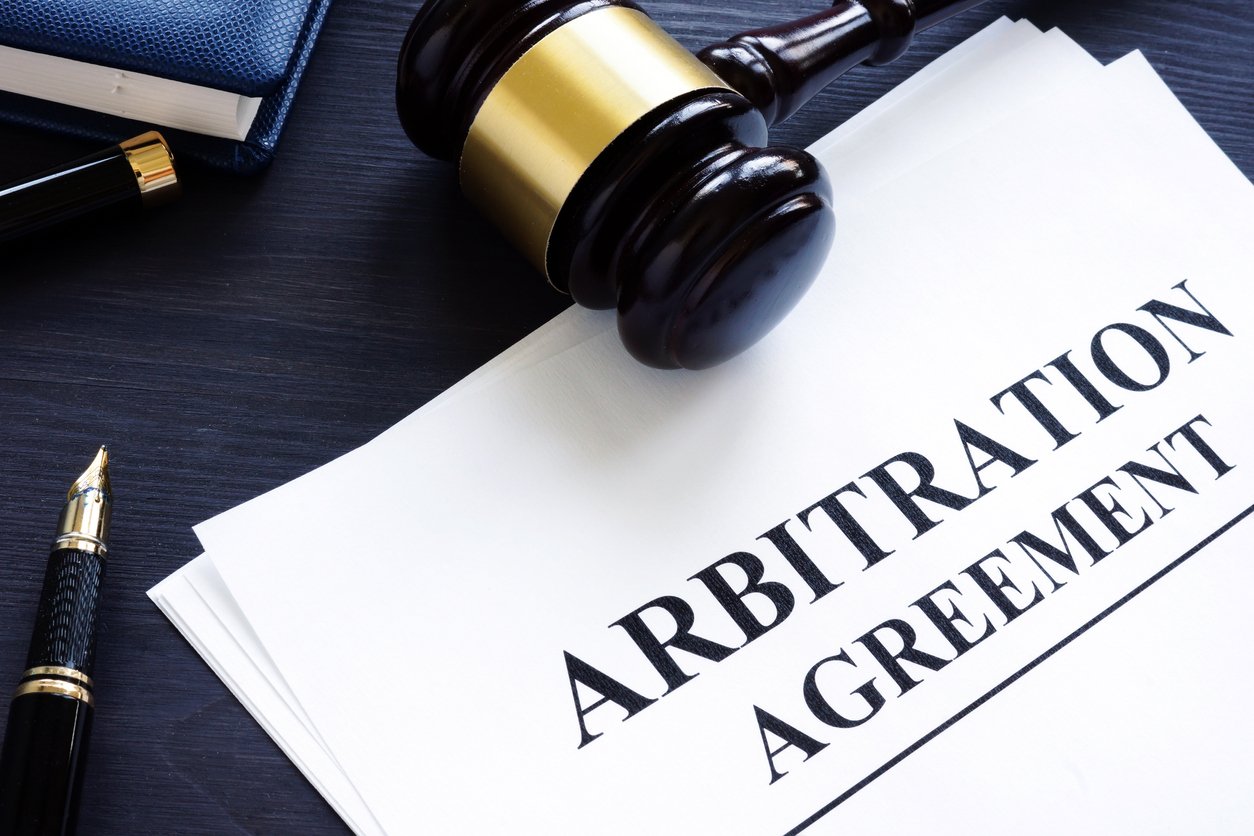What is international arbitration?
Arbitration is an alternative dispute resolution method (ADR) which is used to create settlements between two opposing parties. In an arbitration, the parties choose to come to an agreement rather than filing a lawsuit and going to trial.
Although many types of disputes can be settled with arbitrations, arbitrations are most often used to settle commercial matters, such as international trade agreements. In an arbitration, the opposing parties agree that an impartial arbitrator will make a final, legally binding decision. This final decision is called the arbitration award and is a legally binding settlement that can be enforced in a court of law.
An international arbitration occurs when parties in an arbitration are from different countries. This type of arbitration uses its own district rules which differ from the domestic arbitration standards of the country where the arbitration takes place.
What are the top associations for international arbitration?
Arbitral institutions have been created in many countries. However, only some arbitral institutions are well established, such as the International Court of Arbitration which has headquarters in Paris, France. This court is part of the International Chamber of Commerce and handles more than 500 cases a year. The International Court of Arbitration also drafted the United Nations Convention on the Recognition and Enforcement of Foreign Arbitral Awards, also known as the New York Convention of 1958. More than 150 countries, including most major countries involved in international trade, have ratified The New York Convention. These countries must follow the protocols under the New York Convention and enforce the appropriate arbitration agreements and rewards.
However, depending on where you decide to hold the arbitration, your arbitration may be governed by a different association. Some examples of different international arbitration associations include:
- The United Nations Commission on International Trade Law (UNCITRAL)
- The World Bank’s International Centre for Settlement of Investment Disputes (ICSID)
What are the top locations for international arbitrations?
At Planet Depos, we provide transcription and translation services for the United States, Europe, Asia, and beyond. Our international teams of IT specialists, editors, and stenographers are prepared to help you wherever your arbitrations take place.
The top seven most popular locations for international arbitration:
- London, England
- Paris, France
- Singapore
- Hong Kong
- Geneva, Switzerland
- New York, New York
- Stockholm, Sweden
What is a court reporter’s role in arbitration?
At an arbitration a court reporter makes a verbatim manuscript of the proceedings. Although a court reporter is not required at an arbitration, an accurate transcript can clear up misunderstandings and give you vital protection from a lawsuit.
Benefits of having a court reporter present at an arbitration
Even if an agreement is reached in an arbitration, the opposing party may still decide to take you to court due to a miscommunication or because they desire a different outcome. With a court reporter transcript, you can determine the exact agreement. By reviewing the transcript, you and your lawyer can discover what was misunderstood during the proceedings. Having an exact copy of the proceedings can also prevent opposing parties from trying to alter the agreement. Furthermore, if your rights were violated during the arbitration, a manuscript proves accurate evidence to present your claim. Ultimately, using a court reporter at an international arbitration can prevent an arbitration from turning into litigation.
International court reporters from Planet Depos
Give your party the protection they need with an experienced international court reporter from Planet Depos. Using the latest technology, our court reporters provide real-time, accurate transcriptions for international arbitrations. Within three hours after the arbitration, our editors produce a final transcript for you and the opposing party to use.

